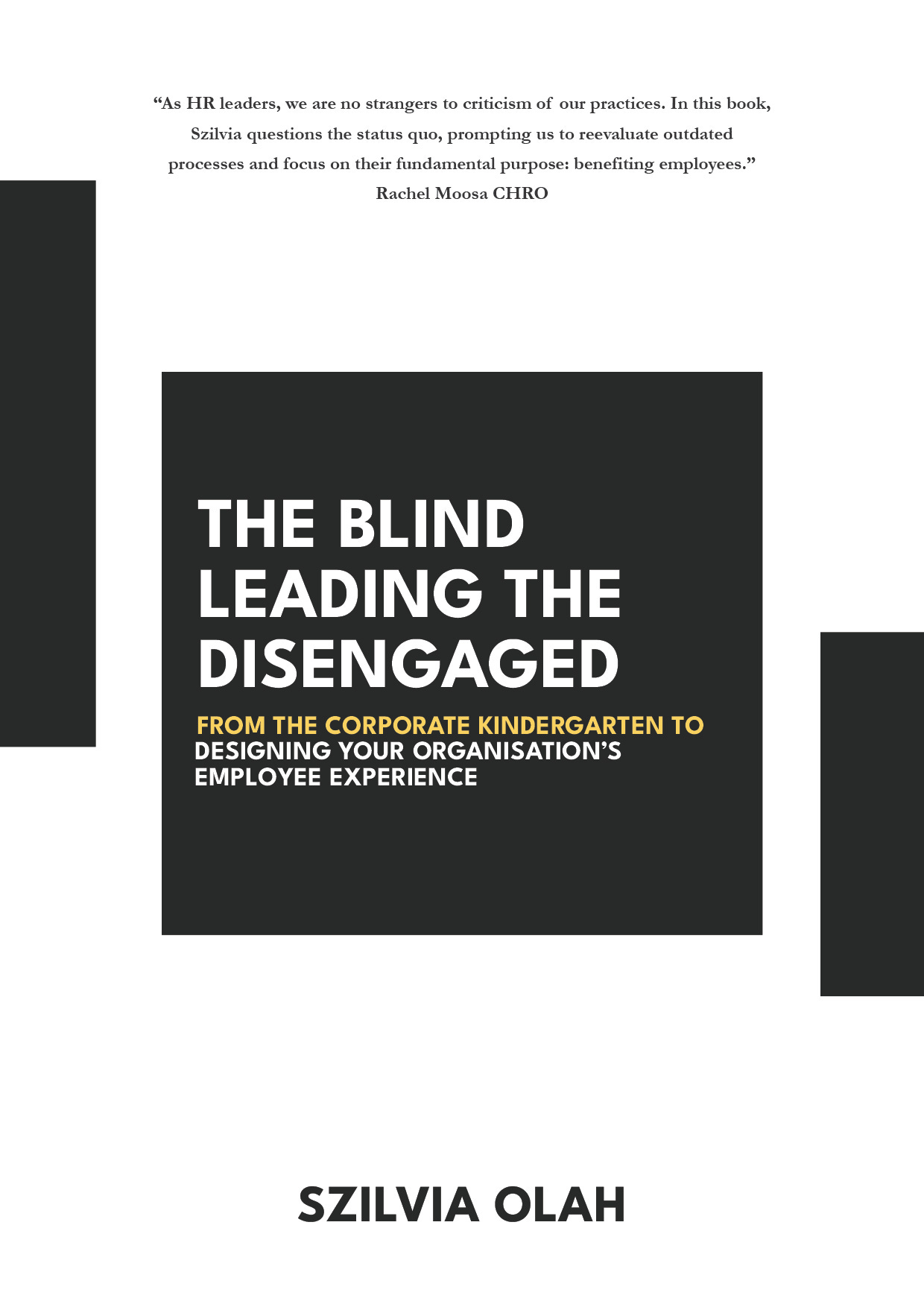Our approach to measuring engagement gives us flawed data, no matter how we slice it. As a result, we end up building strategies and action plans based on inaccurate information.
There is no scientifically or collectively agreed-upon definition of employee engagement, so I don't know what we are measuring. The word engagement must be left in the rubbish bin of the past and changed to something like "Enjoy working here".
Correlation isn’t causation. We can’t say for sure if people are more productive because they’re engaged or if they’re engaged because they’re productive. Are they good at their jobs because they’re engaged, or engaged because they’re good at what they do? The notion that engagement leads to better performance is flawed—performance is influenced by countless factors, and it’s certainly not about the free snacks or team dance-offs HR organizes.
Everyone enjoys their work for different reasons, so a one-size-fits-all survey just reflects what Susan in HR thinks everyone values—not the reality. Sure, these questions come from decades of research, but times have changed since then. Out of the 50 questions we used to see in our surveys, only two resonated with what made me enjoy working there: 1) “I have a best friend at work,” and 2) “I know I contribute to the team’s success.” The rest didn’t make any difference to my experience.
Measuring engagement once a year gives unreliable data because how I feel on October 15th doesn’t reflect my overall experience. My mood that day could be influenced by the weather (which we know impacts engagement scores), a recent argument with a manager or colleague, praise I received yesterday, or the disappointment of missing out on a promotion two weeks ago. This kind of snapshot can’t give employers an accurate picture of how Szilvia truly feels about working here because our feelings naturally fluctuate.
So, what's the solution? Not quarterly pulse surveys—those are just yearly surveys in disguise.
The real solution, which I'm developing with a tech startup, is an app that captures employee data every single day with just one question. (Nope, I’m not revealing the question—sorry!)
This builds a daily profile for each employee, and by year’s end, it provides a full picture of one's experience journey throughout the year. Employees also get access to their own data, so they can see the ups and downs of life:-))
Managers can pull daily, weekly, or monthly insights for their teams anytime, allowing them to address dips in engagement as they happen, instead of waiting for a once- or twice-yearly report to reveal issues.
Don't we do this with customer experience? We measure it, monitor it daily, and dig into the reasons when it shifts. So why don’t we take the same approach with our employees? Collecting data once, twice, or even quarterly just shows we’re going through the motions. If we genuinely care, it should be visible every day.
If you’re looking to create employee experiences that truly stand out, we’ve got you covered. We design custom solutions tailored to your real challenges, aligned with the needs of both current and future generations. And yes—if you insist, we’ll throw in a badge too! 😄 Click on the banner and see how we can help you.
If you would like to have 365 of these articles categorised into nine areas so you can easily find what’s relevant to you:
Employee Experience / HR
Attract
Hire
Onboard
Motivate / Engage
Perform
Develop
Depart
Everyday Random Staff Related to People Management
Then click the below picture and order your HR playbook that questions everything we do in organisations and offers hundreds of alternative solutions.







Thanks for the insightful article ! I would think something similar to a Net promoter score, with a single question, over multiple touchpoints, would be a better way.